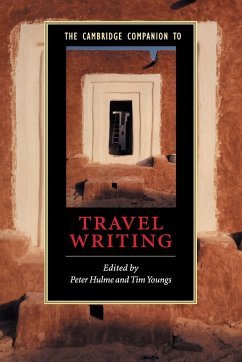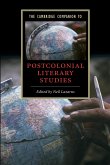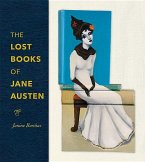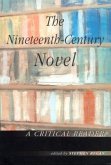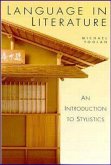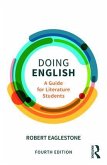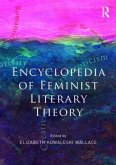The Cambridge Companion to Travel Writing brings together specialists from Anthropology, History, Literary and Cultural Studies to offer a broad and vibrant introduction to travel writing in English between 1500 and the present. This comprehensive introduction to the subject features specially commissioned contributions, including five essays surveying the period's travel writing; a further six focusing on geographical areas of particular interest - Arabia, the Amazon, Ireland, Calcutta, the Congo and California; and three final chapters analysing some of the theoretical and cultural dimensions to this enigmatic and influential genre of writing. Several invaluable tools are also provided, including an extensive list of further reading, and a detailed five-hundred year chronology listing important events and publications. This volume will be of interest to teachers and students alike.
Bitte wählen Sie Ihr Anliegen aus.
Rechnungen
Retourenschein anfordern
Bestellstatus
Storno

